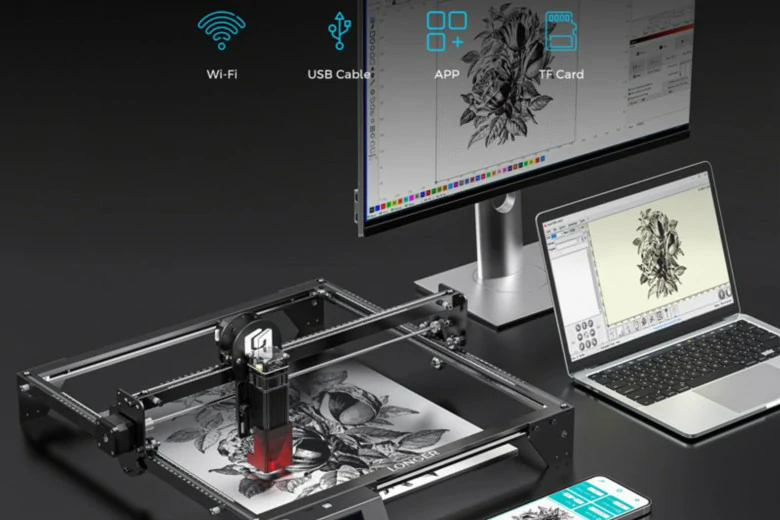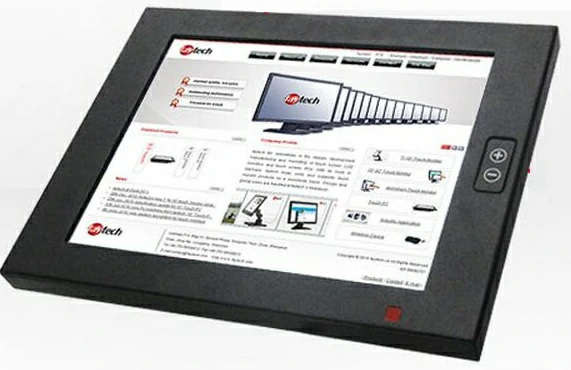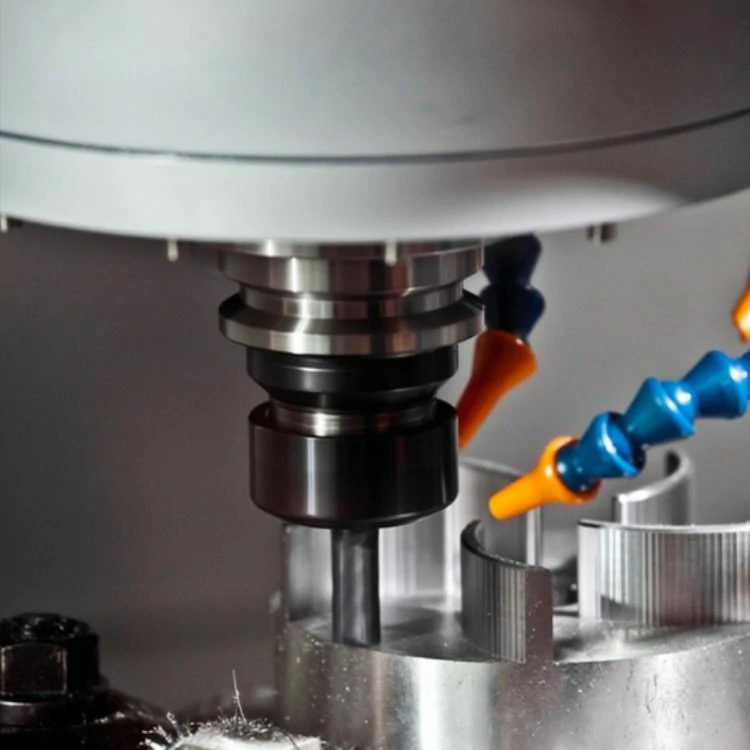Precision Aluminum Shell CNC Processing, Aluminum Alloy Chassis Customization, and Aluminum Shell CNC Processing Operating Skills
In today’s rapidly evolving technological landscape, precision aluminum shell CNC processing has gained significant traction. The demand for customized aluminum alloy chassis and efficient aluminum shell CNC processing is higher than ever before. This article aims to delve into the intricacies of this field and shed light on the essential operating skills required to succeed in it.
To begin with, precision aluminum shell CNC processing involves the use of computer numerical control (CNC) machines to fabricate intricate designs on aluminum shells with utmost accuracy. This process offers several advantages over traditional machining techniques, including enhanced precision, speed, and repeatability. It enables manufacturers to create complex shapes and patterns that meet the specific requirements of various industries.
When it comes to aluminum alloy chassis customization, the possibilities are endless. Aluminum alloys are known for their lightweight, durability, and excellent thermal conductivity, making them an ideal choice for various applications such as electronics, aerospace, and automotive industries. Customizing aluminum alloy chassis allows businesses to tailor their products to specific needs, ensuring optimum performance, reliability, and aesthetics.
Now, let us explore some crucial operating skills that are indispensable for success in precision aluminum shell CNC processing.
1. Proficiency in CAD/CAM Software: Computer-Aided Design (CAD) and Computer-Aided Manufacturing (CAM) software are vital tools in the CNC machining process. A deep understanding and proficiency in these software packages enable operators to create precise 3D models, generate machine instructions, and optimize tool paths for efficient machining.
2. Material Knowledge: Aluminum and its alloys come in various grades, each with unique properties and characteristics. Operators must have a solid understanding of different aluminum alloys and their suitability for specific applications. This knowledge helps in selecting the right material and optimizing machining parameters, resulting in high-quality finished products.
3. Machining Parameters Optimization: Achieving optimal cutting conditions is crucial for precision aluminum shell CNC processing. Operators must possess the ability to adjust parameters such as cutting speed, feed rate, and depth of cut to ensure efficient chip removal, minimal tool wear, and excellent surface finish.
4. Quality Control and Inspection: Maintaining strict quality control throughout the CNC machining process is imperative. Operators should be proficient in using precision measuring instruments, such as calipers and micrometers, to inspect dimensions, tolerances, and surface finishes. Additionally, they should have a keen eye for detail to identify any defects or anomalies that may affect the final product’s performance.
5. Continuous Learning and Adaptability: The field of precision aluminum shell CNC processing is continually evolving, with advancements in technology and techniques. Operators must remain updated with the latest industry trends, attend training programs, and participate in workshops to enhance their skills and stay competitive.
In conclusion, precision aluminum shell CNC processing and aluminum alloy chassis customization have revolutionized the manufacturing industry. The demand for high-quality products, tailored to specific requirements, is driving the need for skilled operators. By acquiring proficiency in CAD/CAM software, gaining material knowledge, optimizing machining parameters, maintaining stringent quality control, and embracing continuous learning, operators can excel in this competitive field. With these operating skills, they can contribute to the growth and success of their organizations while meeting the ever-increasing demands of the market.
.webp)


